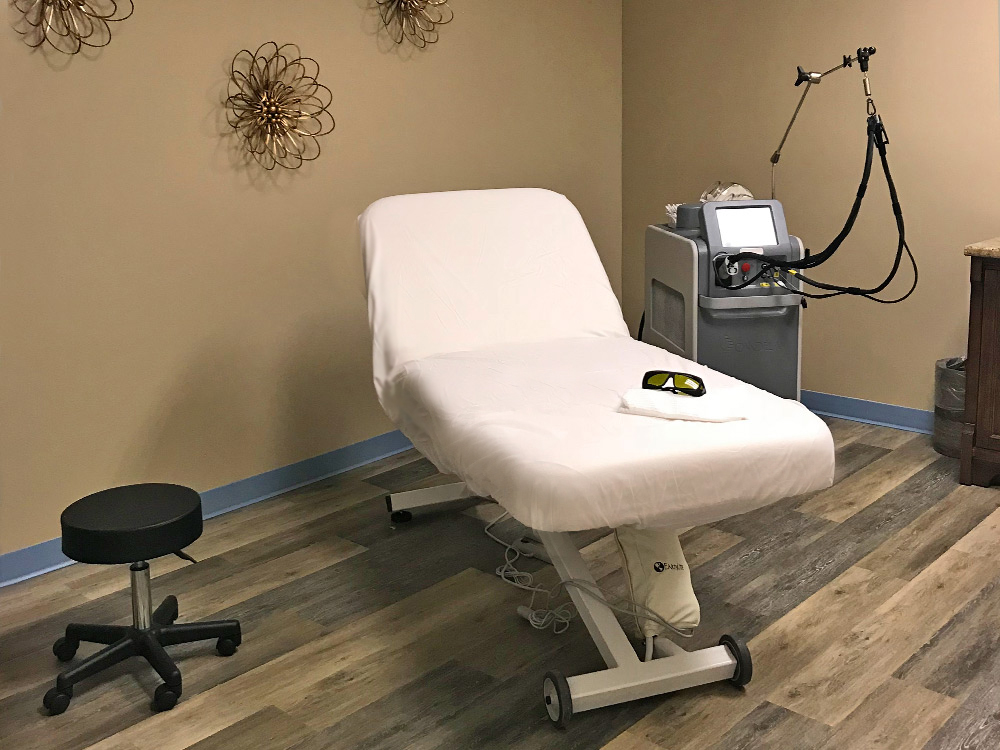If you're looking for a magical and unforgettable vacation experience, look no further than a Disney Cruise. From the moment you step onboard, you'll be transported to a world of enchantment and wonder. But what exactly is included on a Disney Cruise? Let's explore all the amazing features and offerings that make this cruise line truly one of a kind.
Planning a vacation can be stressful, especially when it comes to figuring out what's included and what's not. With a Disney Cruise, you can leave those worries behind. Everything you need for a fantastic vacation is included in your fare, from accommodations and meals to entertainment and activities. This means you can sit back, relax, and enjoy every moment of your cruise without having to worry about extra costs or hidden fees.
So what exactly is included on a Disney Cruise? First and foremost, you'll have access to world-class dining options. Whether you're in the mood for a gourmet meal at one of the ship's signature restaurants or a quick bite at a casual dining venue, there's something to satisfy every palate. And the best part? All of your meals are included in your fare, so you can indulge in as many culinary delights as you'd like.
Personal Experience on a Disney Cruise
During my recent Disney Cruise, I was blown away by the variety of activities and entertainment options available. From Broadway-style shows and live musical performances to character meet and greets and themed parties, there was never a dull moment onboard. I especially loved the deck parties, where I got to dance the night away with my favorite Disney characters under the stars.
But it wasn't just the entertainment that impressed me. The attention to detail and level of service onboard were top-notch. The staterooms were spacious and comfortable, with all the amenities you could need. And the staff went above and beyond to ensure that every guest had a magical experience, from the moment we stepped onboard to the moment we disembarked.
What's Included on a Disney Cruise
Now let's dive deeper into what exactly is included on a Disney Cruise. As mentioned earlier, your accommodations and meals are all included in your fare. But that's just the beginning. You'll also have access to a wide range of activities and amenities, such as pools and water slides, sports facilities, fitness centers, and spa treatments. And of course, there's the legendary Disney entertainment, with shows, movies, and character experiences for guests of all ages.
For families traveling with little ones, Disney Cruises offer the perfect solution. The ships are equipped with immersive kids' clubs, where children can participate in age-appropriate activities and make new friends. And parents can enjoy some much-needed relaxation knowing that their children are in safe and capable hands.
Another highlight of a Disney Cruise is the unique destinations you'll visit. From tropical Caribbean islands to breathtaking Alaskan fjords, there's a cruise itinerary to suit every traveler's taste. And no matter where you go, you can expect the same level of Disney magic and attention to detail at every port of call.
Conclusion
So, what all is included on a Disney Cruise? Simply put, everything you need for a magical and memorable vacation. From accommodations and meals to entertainment and activities, Disney Cruises truly offer a one-of-a-kind experience. Whether you're a lifelong Disney fan or just looking for a fun and family-friendly getaway, a Disney Cruise is sure to exceed your expectations.
Tips for Getting the Most Out of Your Disney Cruise
1. Book early: Disney Cruises are popular and tend to sell out quickly, so it's best to book your cruise as far in advance as possible to secure your preferred dates and stateroom category.
2. Pack wisely: Be sure to pack comfortable clothing and shoes for both onboard activities and excursions. Don't forget to bring swimsuits, sunscreen, and any necessary medications.
3. Take advantage of onboard activities: From character meet and greets to cooking classes and trivia nights, there's always something fun happening onboard. Be sure to check the daily schedule and make the most of your time at sea.
4. Explore the ports of call: While the onboard activities are amazing, don't forget to explore the destinations you'll be visiting. Take part in shore excursions or simply wander around and soak up the local culture.
Question and Answer
Q: Are gratuities included in the fare?
A: No, gratuities are not included in the fare. However, they can be pre-paid or added to your onboard account.
Q: Is alcohol included on a Disney Cruise?
A: No, alcoholic beverages are not included in the fare. However, there are various drink packages available for purchase.
Q: Are there adult-only areas on a Disney Cruise?
A: Yes, Disney Cruises offer adult-only areas, including lounges, pools, and dining venues.
Q: Can I bring my own food and drinks onboard?
A: Outside food and drinks are not allowed onboard, with the exception of baby food and formula.
Conclusion
In conclusion, a Disney Cruise offers an all-inclusive and magical vacation experience. From the moment you step onboard, you'll be immersed in a world of enchantment and wonder. With everything from accommodations and meals to entertainment and activities included in your fare, you can relax and enjoy every moment of your cruise. So why wait? Start planning your Disney Cruise today and create memories that will last a lifetime.

